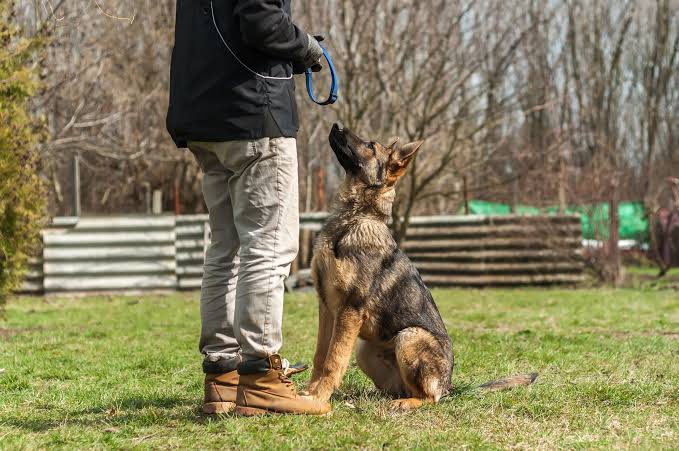
The Importance of Dog Training: Building a Strong Bond with Your Canine Companion
Dog training is often seen as a necessity for dog owners, but its importance extends far beyond teaching basic commands. Proper training is essential for the well-being of both the dog and the owner, fostering a harmonious relationship and ensuring the safety and happiness of your furry friend. Here, we’ll explore why dog training is so important and the benefits it brings to both you and your dog.
Enhances Communication and Understanding
Clear Communication: Training provides a common language between you and your dog. Teaching commands like “sit,” “stay,” and “come” helps your dog understand what you expect from them. This clear communication reduces confusion and frustration for both parties.
Strengthens Bond: Through training, you build a deeper bond with your dog. Spending time together in a structured manner enhances your relationship, creating trust and mutual respect.
Ensures Safety
For Your Dog: A well-trained dog is less likely to engage in dangerous behaviors. Commands such as “stay” and “recall” (coming when called) can prevent your dog from running into traffic, approaching aggressive animals, or getting lost.
For Others: Training helps ensure your dog behaves appropriately around other people and animals. This reduces the risk of bites, injuries, or other accidents, making interactions more pleasant and safe for everyone.
Promotes Good Behavior
Reduces Unwanted Behaviors: Training addresses and corrects undesirable behaviors such as jumping, barking, chewing, and digging. By providing structure and boundaries, you can prevent these issues from becoming ingrained habits.
Encourages Positive Actions: Positive reinforcement techniques used in training encourage desirable behaviors. Rewarding good behavior with treats, praise, or playtime reinforces the actions you want to see, making them more likely to be repeated.
Enhances Socialization
Exposure to Different Environments: Training often involves exposing your dog to various environments, people, and other dogs. This socialization is crucial for developing a well-rounded, confident dog that can handle new experiences calmly.
Reduces Anxiety: A well-socialized dog is less likely to experience anxiety or fear in unfamiliar situations. Training helps them learn how to react appropriately, reducing stress and promoting overall mental well-being.
Facilitates a More Enjoyable Ownership Experience
Ease of Management: A trained dog is easier to manage and can integrate more smoothly into your daily life. Simple commands like “heel” and “leave it” make walks, visits to the vet, and other activities more enjoyable and less stressful.
Increases Quality Time: Training sessions are not just about discipline; they are also opportunities for fun and engagement. Activities like agility training, tricks, and games keep your dog mentally stimulated and provide quality bonding time.
Conclusion
Investing time and effort into training your dog yields significant rewards. From enhancing communication and ensuring safety to promoting good behavior and improving socialization, the benefits of dog training are manifold. Ultimately, a well-trained dog is a happy dog, and a happy dog leads to a happy owner. By prioritizing training, you pave the way for a fulfilling and harmonious relationship with your canine companion.




